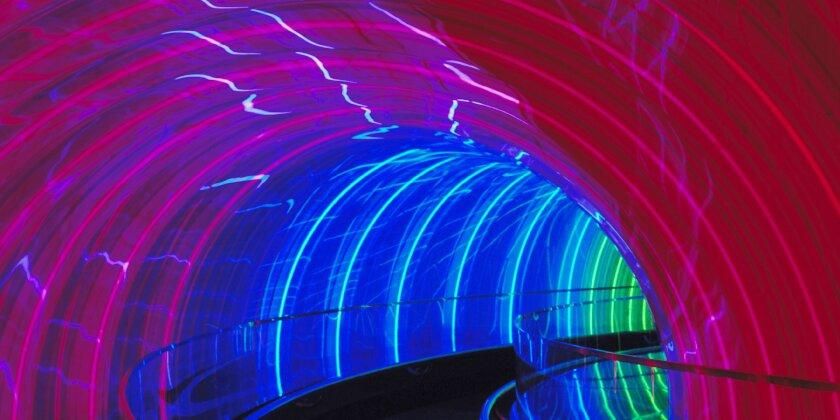Electronic signatures in real estate documents in the Czech Republic

- Which documents can use an electronic signature and take legal effect?
- Which documents cannot use electronic signatures and take legal effect and why?
- What are the legal requirements for electronic signatures on documents?
- Are there any proposals to change the law relating to electronic signatures?
- Are there any other factors which prevent documents being entered into in electronic format?
jurisdiction
1. Which documents can use an electronic signature and take legal effect?
Generally, any document may be electronically signed by any of the methods set out in column 4 and take legal effect unless they must be notarial deeds or submitted for registration to the Czech Real Estate Register. This includes:
- Leases (not registerable in the Czech Real Estate Register);
- Licences for alterations;
- Non-disclosure agreements;
- Exclusivity agreements;
- Side letters; and
- Pre-emption rights agreements (not registered in the Czech Real Estate Register).
2. Which documents cannot use electronic signatures and take legal effect and why?
Any documents requiring use of a notary public, attorney or an administrative authority (the “Verified Signature”) for registration on the Czech Real Estate Register cannot use an electronic signature. These include:
- Transfers and agreements for transfer;
- Easements;
- Mortgages;
- Negative pledge restricting dealings with the property (akin to a restriction on title);
- Pre-emption right agreements;
- Agreements on establishment of right to build on third party land (a relatively new land right akin to a licence to build); and
- Leases (if registered in the Real Estate Register).
3. What are the legal requirements for electronic signatures on documents?
The requirements stipulated by:
- eIDAS;
- Act No. 297/2016 Coll., on services building trust for electronic transactions (the “SET”); and
- Section 561 of Act No. 89/2012 Coll., the Civil Code, as amended (the “CC”).
Under the CC, SET and eIDAS, four types of electronic signatures exist all of which are valid means of electronic signing:
- Electronic Signature: a digital signature used to simply indicate the authorship of an electronic document;
- Advanced Electronic Signature: a digital signature which must unequivocally identify the holder, depend only on the will of the holder and be linked to the data to which it relates in such a manner that any subsequent change of the data is detectable;
- Qualified Electronic Signature: a digital signature or other type of Advanced Electronic Signature that satisfies additional security requirements and is created by a secure signature creation device; and
- Digital Signature: a particular type of Qualified Electronic Signature allowing the holder using the private key and a third party using the public key, respectively, to verify the origin and authenticity of one or more digital documents.
4. Are there any proposals to change the law relating to electronic signatures?
On 1 February 2022, an amendment of Act No. 21/2006 Coll., will come into effect allowing for electronically signed documents to potentially carry the same weight as a Verified Signature.
5. Are there any other factors which prevent documents being entered into in electronic format?
The following issues could prevent a document being entered into in electronic format:
- if the executing company has a provision in its constitutional documents which restricts or prevents it from signing electronically. While not common in constitutional documents, this may exist and should be checked; or
- if the document has to be treated as executed in a foreign jurisdiction. It may be preferable to have physical signing in the event that the place or location of signature has particular legal consequences.





